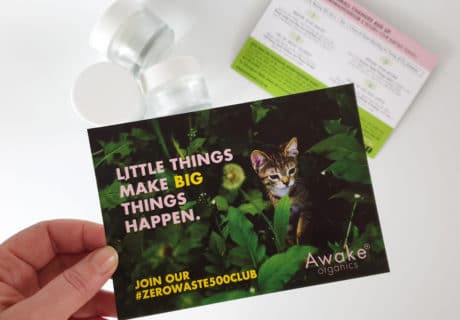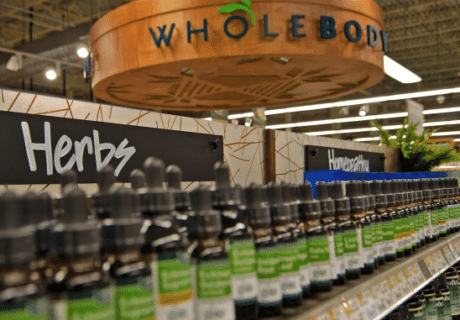We are demanding more from our shops, our purchases and the way in which our day-to-day items are produced. Transparency is the buzzword of the year and brands are responding with new labels, ethical commitments and claims from organic to vegan. But which ones to choose? And who can we trust?
Early May saw the global fair trade movement come together to celebrate World Fair Trade Day. It was a good reminder to check in with consumers, too, and see what is most important to shoppers. It was also a chance to see if brands and businesses are really up to scratch and doing what they said they would. The Fashion Transparency Index is a good example of how one campaign can call on brands to reveal their supply chain – but can we move this to the next stage and make a real impact on farmers’ and workers’ lives?
What do the people want?
According to a recent report looking at 5,000 consumers across France, Germany, Italy, Spain and the UK, the vast majority of us are already conscious of sustainability when out shopping. The research was commissioned by a consortium of fair trade and ethical fashion organizations, including Fairtrade International, as part of the European Union-funded project Trade Fair, Live Fair.
The sign that people really believe in what you do is that they come back again. They vote with their wallets
Top of the list of concerns is our environment, with nearly four in ten consumers saying this is their priority. Just under a third put fair wages first, saying that it is important to them that purchases are not the end product of a harmful system – for people or animals. Other things that came up in the survey as important are local or organic produce, recyclable packaging and safe working conditions.
People and planet are clearly high on people’s list of concerns; three-quarters of all respondents wanted food companies to say where the ingredients in their products come from; a similar number wanted to know how their food is produced; and 61% look for information about how food companies protect workers’ human rights.
Trust and sustainability
Transparency can lead to greater trust. With more brands being honest and open about their supply chains and where their ingredients come from, they will gain the trust of the consumer. Trust is hard to win and easy to loose. The first Fairtrade product to carry the well-known FAIRTRADE Mark was launched in 1992, 25 years ago this year. That means for 25 years Fairtrade has been working with consumers to build trust. This Fairtrade Fortnight it reached an all-time high, and the Mark is recognized around the world and by nine out of ten people in the UK. So, on our 25th year we are right to ask, what’s changed on the ground?
Sadly, there is still much exploitation in the world, so Fairtrade still needs to exist in order to put pressure on and encourage brands to really act on their promises. With a set of standards that help address some of the consumer key concerns – workers’ rights, fair wages and environmental sustainability – Fairtrade can go some way to keeping this consumer trust whilst continuing to make things better for the people at the bottom of the chain.
The next generation
Of course, Fairtrade must continue to innovate and move with new technologies, as much as any business. This is why we will continue to explain why it’s important that we all ask vital questions about transparency and supply chain, and why we are in a good position to make positive changes.
Top of the list of concerns is our environment, with nearly four in ten consumers saying this is their priority
The sign that people really believe in what you do is that they come back again. They vote with their wallets. The grassroots Fairtrade network is an amazing example of this – it goes one step further as people go one step further to support Fairtrade. The network shows the power that each person has when they cast the vote of what they buy, and where they shop, day to day.
We don’t often stop and put things in perspective. Celebrations like World Fair Trade Day, and the birthday celebration of Fairtrade turning 25 later this year, give us a chance for some well-deserved gratitude – as a movement, as an idea, but also as people who are committed to their values. The more people that join that journey, the bigger impact we can all have.





